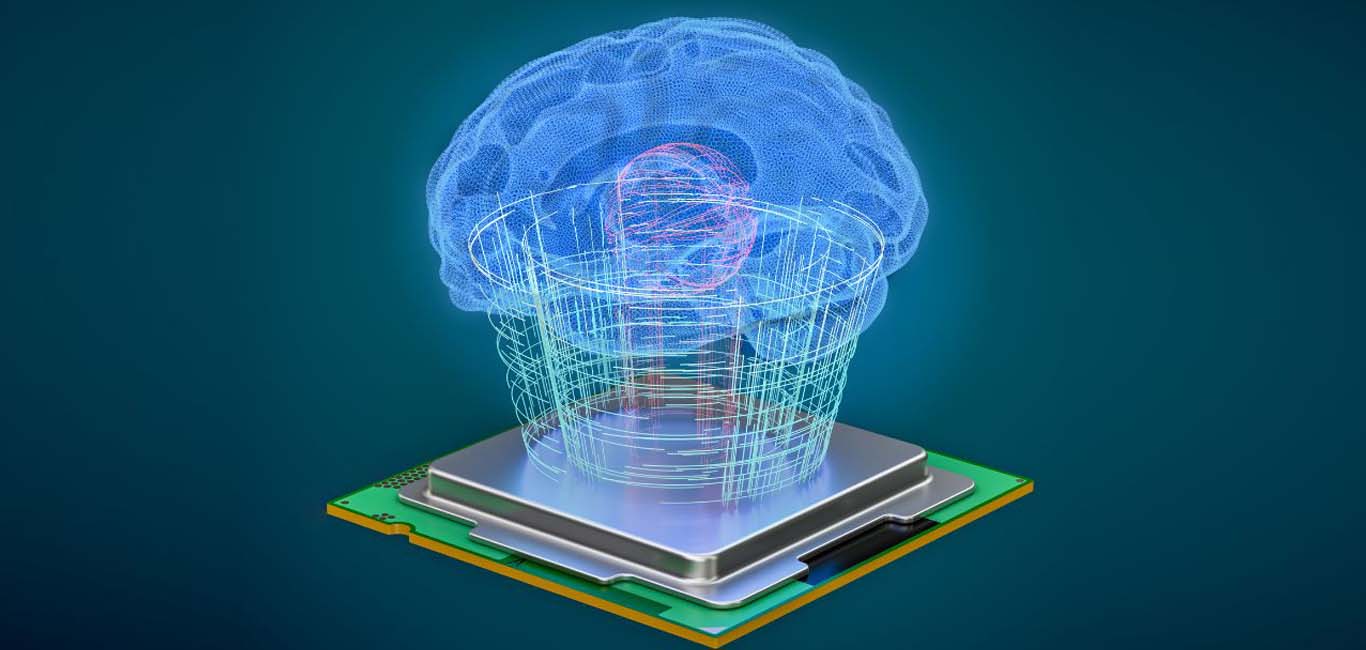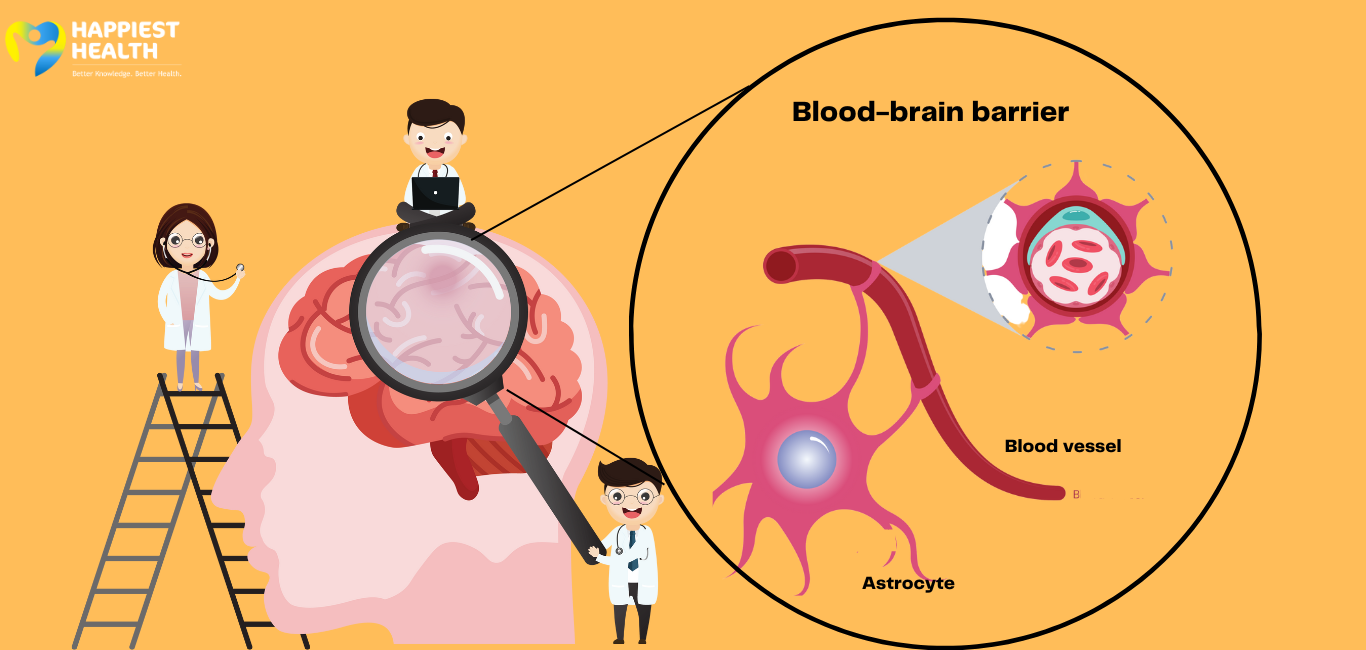
The blood-brain barrier (BBB), a natural safeguard and a formidable obstacle, has long been a double-edged sword for doctors trying to treat neurological conditions. While it shields the brain from harm, it also thwarts the progress of vital medicines — which is why it can be so hard to treat neurological conditions like Alzheimer’s or Parkinson’s.
In a collaboration between Monash University in Australia and the Indian Institute of Technology Bombay (IIT Bombay), researchers have now developed a miniature replica of the BBB on a microchip.
Part of an emerging area of research dubbed “organ on chip” aimed at simulating body functions in lab environments. The approach offers a glimpse into the inner workings of the human brain without using actual living tissue and could lead to new treatments and interventions targeting these specific changes. This offers hope for more effective ways to address neurological conditions in the future.
In a study published in the journal Advanced Biology, the researchers say their BBB-on-chip model can be used to mimic cerebrovascular diseases such as cerebral cavernous malformations, cerebral ischemia, aneurysms, vascular dementia, and vascular malformations.
Professor Prasanna S Gandhi from the Department of Mechanical Engineering at IIT Bombay says the innovative and inexpensive BBB-chip, fabricated without traditional lithography at IIT Bombay, mimics the human brain’s natural vasculature (the arrangement and network of blood vessels including arteries, veins, and capillaries). The result is an effective platform to study neuroinflammation and drug testing.
“Apart from revealing fundamental science, it would be useful eventually to test the effectiveness of delivery of drugs being developed,” she tells Happiest Health.
Designing a model brain
The BBB-on-chip resembles a network of branches, adorned with brain cells at the tips.
Just as a tree requires nourishment through its vascular system, these cells need cerebrospinal fluid, a specialised fluid akin to the sap in a tree. Microfluidic channels on the chip mimic these vascular conduits, ensuring the cells get the nutrients and oxygen they need, while also facilitating the transport of substances for testing.
Unlike its predecessors, the BBB-on-chip developed here can also simulate physiological forces like shear stress (the force brain cells and blood vessels experience as blood flows through them).
Simulating inflammation
In their study, scientists aimed to understand how the BBB behaves during inflammation in conditions like Alzheimer’s and Parkinson’s. By simulating this inflammation, they observed changes in the barrier like those occurring in Alzheimer’s disease. This allowed them to study the effects of inflammation on the brain’s protective barrier and gain insights into its contribution to the onset of conditions like Alzheimer’s.
Inflammation was seen to change the way proteins work; the way cells are built and the permeability of the barrier itself. The hope is that by targeting these changes, further research may find new treatments for neurological conditions.
Better testing, better treatments
Drugs that work on animals do not always apply to humans due to species variations. Typical models of the BBB fail to simulate the natural environment. They lack fluid movement, three-dimensional cell alignment, and biochemical signals.
“Due to the distinctive characteristics of the blood-brain barrier, delivering drugs to the brain proves particularly challenging for individuals with neurodegenerative conditions and central nervous system disorders,” says Dr Ami Mehta, a postdoctoral researcher at the Keck Graduate Institute in California, USA.
The depth of the model’s simulation could result in it becoming an alternative to animal testing, besides offering a fresh perspective on drug development, notes Dr Mehta, who contributed to this research as part of her PhD.
The BBB-on-chip can not only model neurodegenerative conditions but also simulate the movement of drugs across the barrier, a process known as drug transcytosis.
Building a better brain
To build on this research, researchers may employ techniques such as advanced proteomics and molecular analysis to better understand how inflammation affects drug transport within the brain , says Dr Mehta. Additionally, they could utilise imaging and cellular assays to study conditions affecting brain blood vessels and cognitive function.
By integrating diverse brain cell types, such as astrocytes, neurons, and glial cells, they could refine the model and harness techniques like live-cell imaging and gene expression analysis to uncover novel insights into brain disorders and potential therapeutic interventions.
Also read: Gut-on-a-chip model: Recreating the human intestine

















